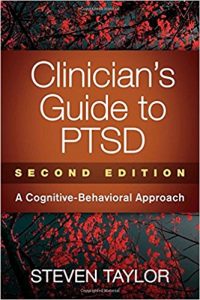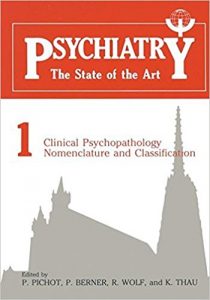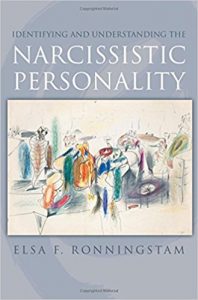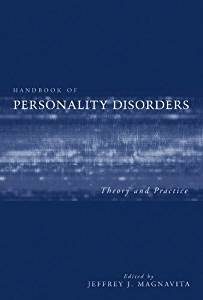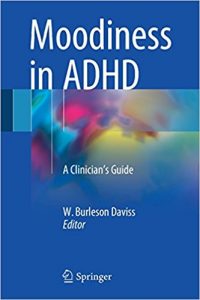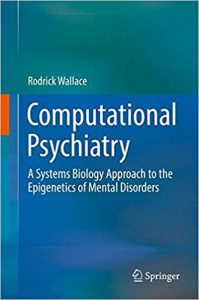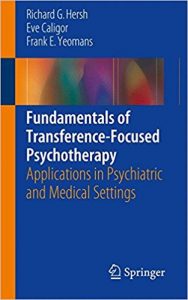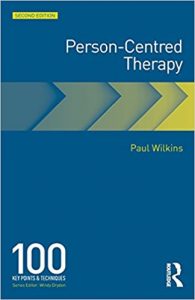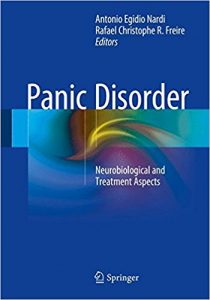Statistical Methods in Neuropsychology: Common Procedures Made Comprehensible
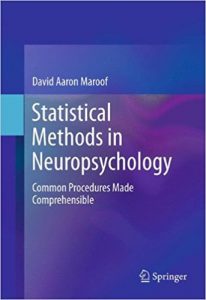
[amazon template=image&asin=1489988440]
This book describes appropriate statistical models that are commonly utilized in neuropsychology. The book discusses such issues as developing normative data for neuropsychological measures, assessing the validity of neuropsychological tests, and quantifying change “over time” through longitudinal analyses. The rationale for and allure of the volume is the fact that there are no publications that dovetail the two subdisciplines of applied statistics and neuropsychology. The overall objective of this book is to provide a pragmatic and concrete source for applying methodological and statistical techniques in research studies whose emphasis includes neuropsychology. Since there are a plethora of technique to arrive at similar answers, each method with its strengths and weaknesses will be delineated. The beauty of the book will be that it will hopefully demystify commonly encountered issues faced with researchers. More specifically, it will provide a “how to do it” approach.

